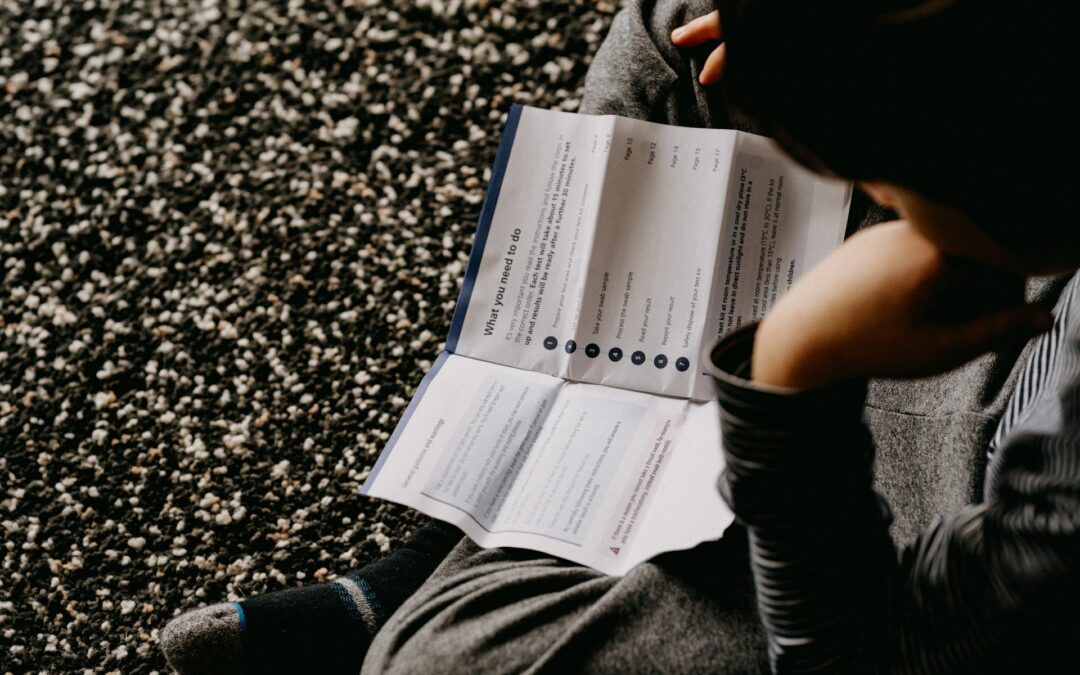The pandemic (and virtual technology) brought many things into our homes—work, school, doctor’s appointments, the gym, and conferences (to name a few). And while I’m not eager to attend another virtual cocktail party, there have been some at-home adaptations that have made us wonder, why didn’t we do this before?
For us, as a social science research firm, COVID-19 pushed us to reinvent our approach to in-person interviewing. Using a combination of face-to-face video conferencing, self-administered surveys, and screen sharing technology, we shifted to Live Televideo Interviews (LTIs) in 2020, and as we have written about, we won’t be turning back.
One of the major benefits of conducting research through LTIs is that our studies can engage with anyone, anywhere who has internet access and a computer with a camera. This means we can recruit from a much wider demographic, and importantly, can strategically boost the diversity of study participants—a boost that is profoundly needed in all areas of research.
A recent article in the Guardian discusses how a long-standing lack of diversity in biomedical research and clinical trials contributes to health inequities, such that, people of color and women have worse health outcomes (in part) because drugs and medical devices haven’t been thoroughly studied or proven to work well for them. We now know that subgroups of people respond differently to medical interventions based on genetic, social and cultural factors.
To try to improve the diversity of study cohorts, a major biopharmaceutical company recently announced they will be allowing clinical trial participants to enroll from home. Like with our shift to LTIs, the hope is, reducing the burden of travel (to a hospital or clinic) to participate in a study will expand the demographic of trial participants.
For some trials, this will mean the use of at-home bio-specimen collection kits. Collecting samples at home has become more familiar to Americans with the availability of direct-to-consumer genetic testing (i.e. 23andMe) and, more recently, rapid antigen testing for COVID-19. Experts warn that at-home test kits can be very effective as long as people follow the instructions to the letter, which means kit instructions must be crystal clear.
We have seen first hand the benefits of piloting and evaluating at-home collection kits when we conducted an FDA user experience study on the use of the saliva collection kits for Ancestry’s DNA testing as part of a 510k submission for FDA authorization (K192947, 21 CFR 862.1675).
User experience studies aim to prove that a device’s step by step instructions are easy to understand and execute, from beginning to end, by a typical first-time user.
FDA user experience studies are rigorous and allow for iterative improvements to the kit labeling and supporting materials in order for manufacturers to get it right before marketing directly to consumers.
As clinical trial investigators adapt their protocols to the at-home setting, maintaining quality will be top of mind. User testing studies can help ensure ease of use and proper collection in a diverse representative sample of people, protecting the integrity of the trial and defensibility of the data.
Needless to say the pandemic has brought on unprecedented circumstances. We have had to adapt old practices and adopt new ones. And while some changes have been necessitated by the pandemic, others have been enabled by it. While we had the technology to conduct clinical trials from home before the pandemic, the very thought would have met apprehension and resistance. Systemic bias in clinical trial research existed long before the pandemic, but we now can see a pragmatic way to boost the diversity of clinical research.
Increasing the diversity of study cohorts will be an important step towards reducing health disparities which have only deepened during the COVID-19 crisis.

